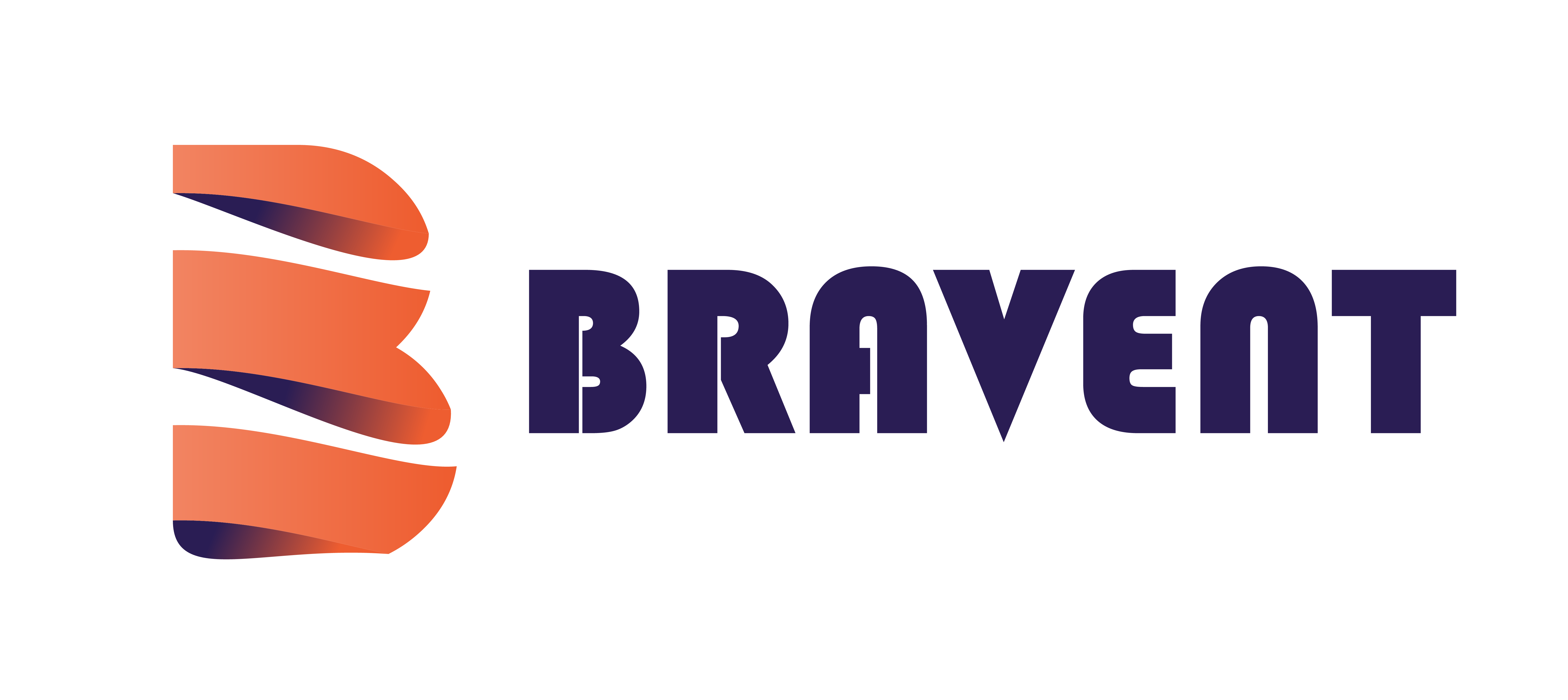13800 Coppermine Road, Suite #358
Herndon, VA 20171
Herndon, VA 20171
SBA 8(a), SDB, CMMI SVC and DEV, ISO Certified
Follow Us :



